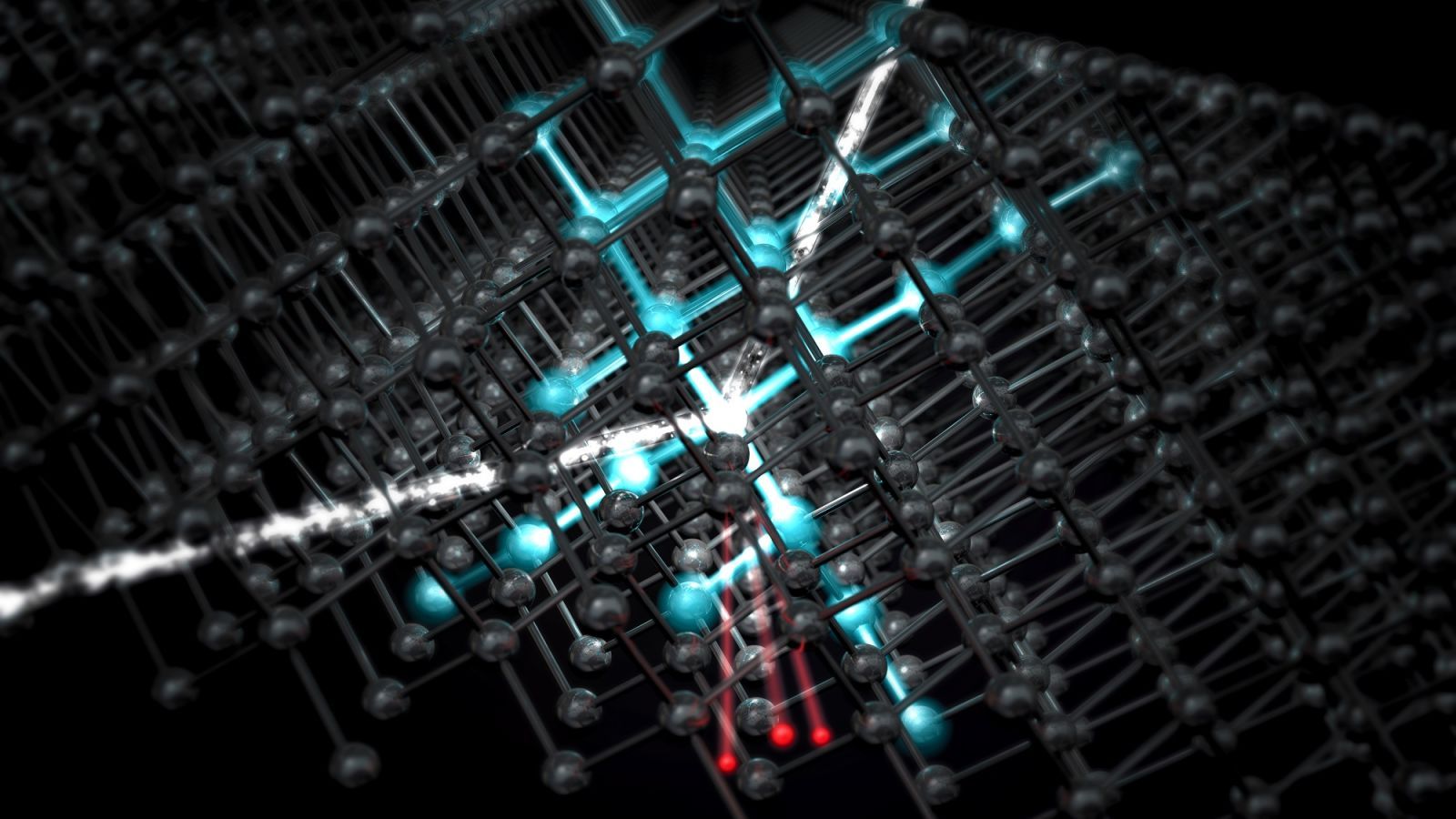The US Department of Energy will fund the most sensitive search yet for theorized dark matter particles. It will sit over a mile underground, in a nickel mine near the Canadian city of Sudbury, according to a release.
The proposed Super Cryogenic Dark Matter Search at SNOLAB, or SuperCDMS SNOLAB, would be a detector held at near absolute zero that would be sensitive enough to detect the elusive dark matter with silicon and germanium atoms. It joins a long line of other experiments hunting for “weakly interacting massive particles,” or WIMPs, the most popular dark matter particle candidate.
Throughout the universe, there exist hints of unaccounted-for mass. Galaxies rotate too quickly at their edges, and the seemingly empty regions beside clusters of colliding galaxies warp the shape of space around them as if there were stuff there. The most popular solution to solve this mystery are WIMPs, particles that interact too weakly with regular matter to be detected by our telescopes or any other observing equipment.
